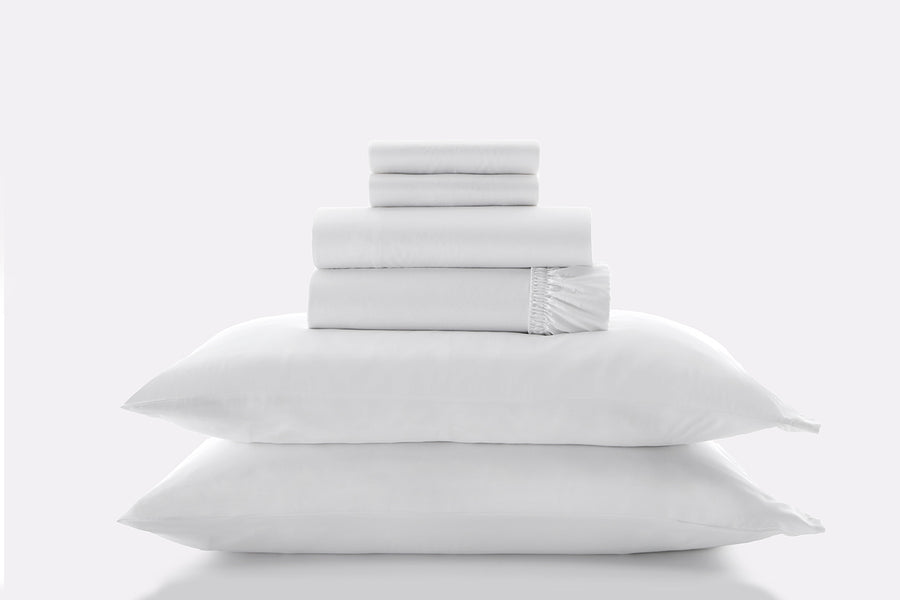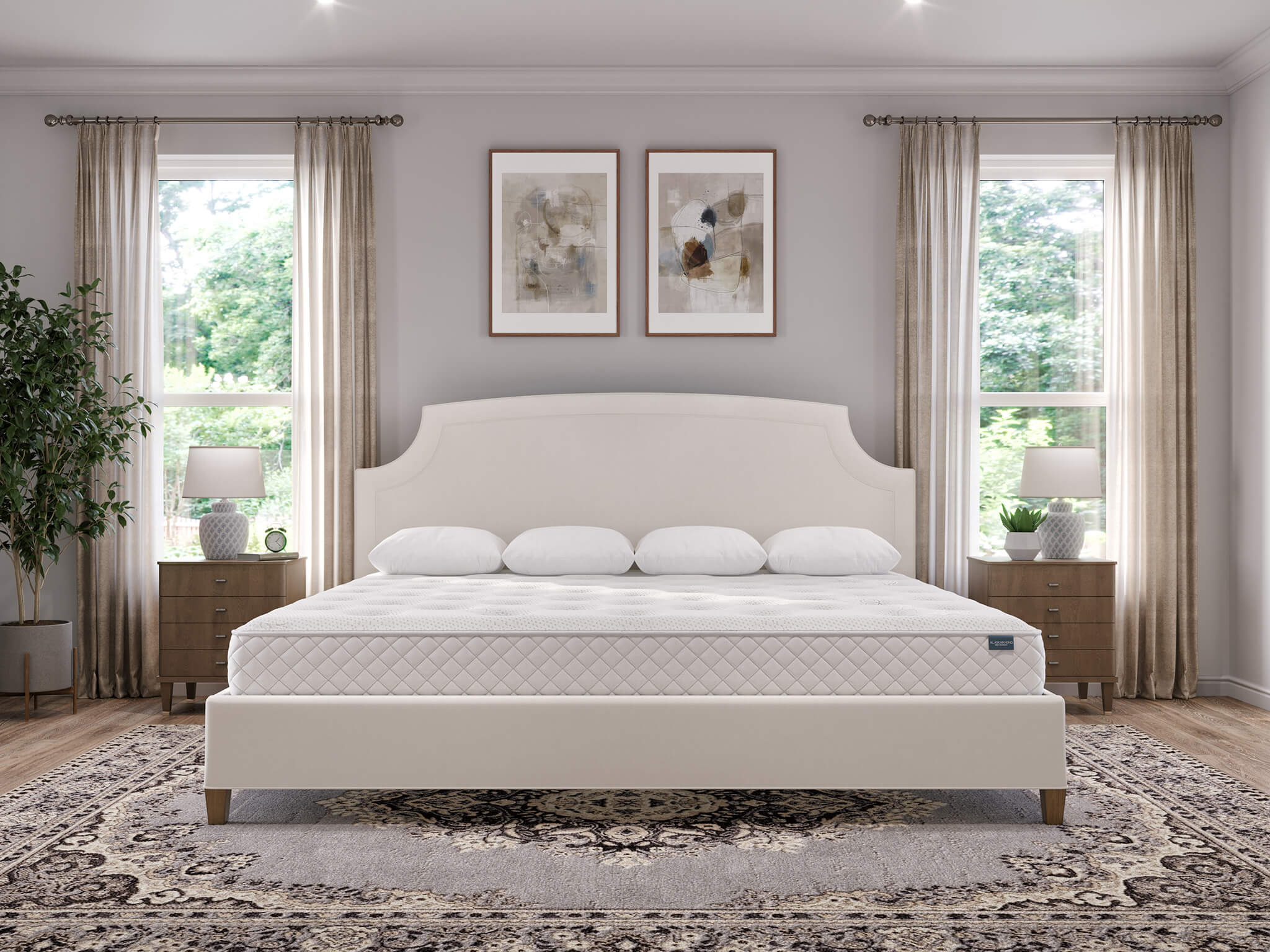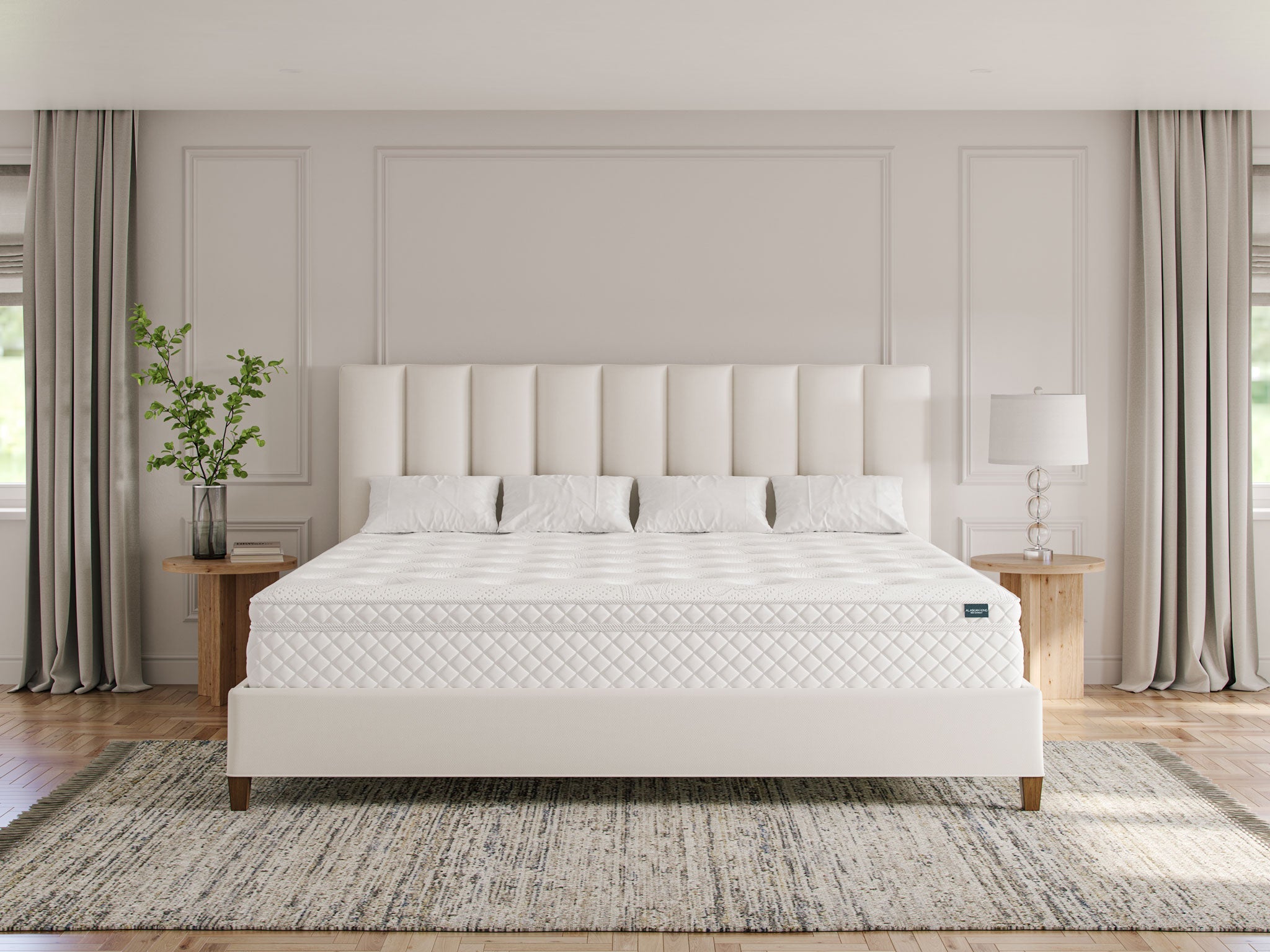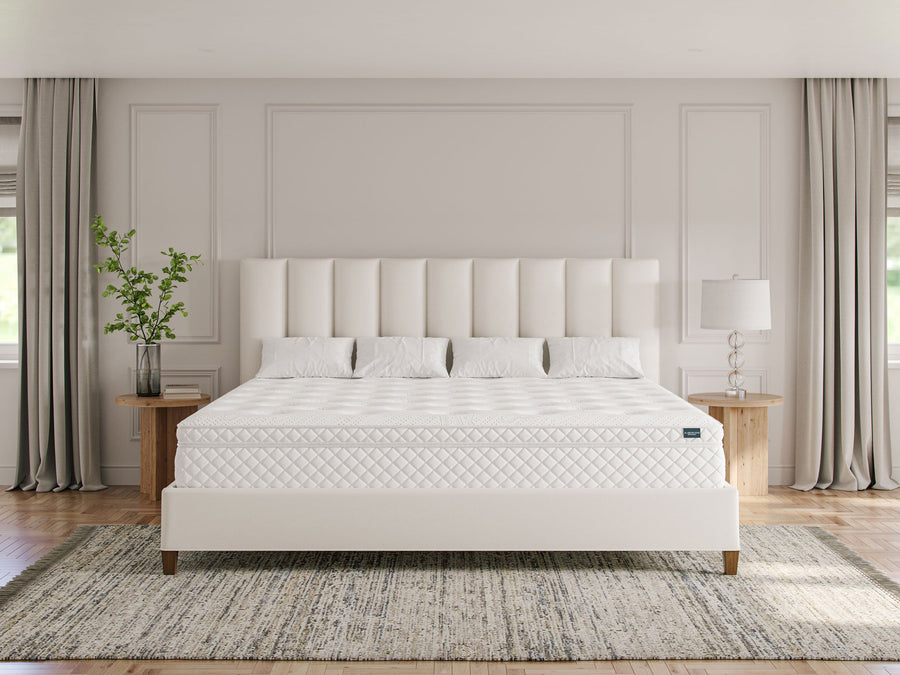Rest Assured: Conquering 15 Common Sleep Myths & Misconceptions
In the quest for a good night's sleep, we often encounter a myriad of advice, tips, and old wives' tales about how to achieve the perfect slumber. However, not all sleep advice is created equal (especially in the age of the internet). Many common myths and misconceptions about sleep persist despite scientific evidence to the contrary. We'll debunk 15 of the most prevalent sleep myths and provide explanations for how they came to be.
#1 You can catch up on lost sleep over the weekend.
While it's tempting to stay up late during the week and sleep in on weekends, this pattern disrupts your circadian rhythm and can lead to sleep deprivation. Consistency is key for quality sleep.
#2 Alcohol helps you sleep better.
While alcohol may initially make you feel drowsy, it disrupts your sleep cycle and can lead to fragmented, restless sleep. It also suppresses REM sleep, which is essential for cognitive function and memory consolidation.
#3 Snoring is harmless.
Snoring can be a sign of obstructive sleep apnea, a serious sleep disorder that can lead to health problems such as high blood pressure, heart disease, and stroke. It's important to address snoring with a healthcare professional. You may also need a larger bed if you share with a partner to keep your nighttime habits from keeping them up at night.
#4 Watching TV helps you relax before bed.
When we're looking at screens, we often make ourselves more alert because it's such a core part of our lives. Whether it be a computer screen at work or our phone during the day, it can make us more alert than we were before. It's best to avoid screens before bedtime.
#5 Sleeping pills are the most effective solution for insomnia.
While sleeping pills can provide relief for insomnia, they are not a long-term solution and can be habit-forming. Cognitive behavioral therapy for insomnia (CBT-I) is recommended as a first-line treatment. As well, lifestyle changes are likely in order. Sleeping pills are only the start of treatment.
#6 You need fewer hours of sleep as you get older.
While it's true that older adults may experience changes in sleep patterns, such as more frequent awakenings during the night, they still require the same amount of sleep as younger adults. Rhythms can also be disrupted by irregular work schedules or even caffeine intake.
#7 Napping is a sign of laziness.
Napping is a beneficial way to recharge and improve alertness. They're especially helpful for individuals who are sleep deprived or work irregular hours. Short naps (20-30 minutes) are generally recommended to avoid disrupting nighttime sleep.
#8 Eating cheese before bed gives you nightmares.
There is no concrete evidence to support the notion that cheese causes nightmares. Some studies have shown changes in dreams that may have been caused by cheese but nothing concrete. However, consuming heavy or spicy foods before bed can lead to indigestion and disrupt sleep.
#9 You can "train" yourself to function on less sleep.
While some may claim to function well on minimal sleep, most people require 7-9 hours of sleep per night for optimal health and performance. Chronic sleep deprivation can have serious consequences for physical and mental health.
#10 You can't be sleep deprived if you don't feel tired.
Sleep deprivation can manifest in various ways, including mood changes, cognitive impairment, and decreased immune function, even if you don't feel overtly tired. It's important to prioritize sleep hygiene and address any underlying sleep disorders.
#11 Falling asleep quickly is a sign of good sleep quality.
While falling asleep quickly can indicate good sleep hygiene and a regular sleep schedule, it's not the only measure of sleep quality. Factors such as sleep duration, amount of REM and disruptions can also play a role.
#12 Hitting the snooze button is harmless.
Hitting the snooze button can disrupt your natural wake-up process and lead to fragmented, low-quality sleep. It's better to set one alarm for the time you need to wake up and get out of bed immediately.
#13 Exercising before bed disrupts sleep.
While vigorous exercise right before bedtime may increase alertness and make it harder to fall asleep, engaging in moderate exercise earlier in the day can promote better sleep quality and duration. If it's part of your bedtime routine, it can even help you achieve your bedtime mindset.
#14 White noise machines are the best way to block out noise.
While white noise machines can mask disruptive sounds and promote relaxation, some individuals may find them distracting or irritating. Experiment with different types of background noise, such as nature sounds or music, to find what works best for you. There is no one size fits all for this.
#15 Sleepwalking is dangerous and should be awakened.
Sleepwalking occurs during non-REM sleep and usually resolves on its own without intervention. Attempting to wake a sleepwalker abruptly can be disorienting and potentially dangerous. Instead, gently guide them back to bed if necessary. People who suffer from sleepwalking should also speak to a professional. Sleep studies can help them deal with it.
Myths About Sleep are Dangerous but Commonplace
By dispelling these common sleep myths and misconceptions, we can gain a better understanding of the factors that contribute to healthy sleep habits and promote overall well-being. Prioritizing sleep hygiene, seeking treatment for sleep disorders, and adopting evidence-based strategies for improving sleep can help us achieve restful nights and productive days.






